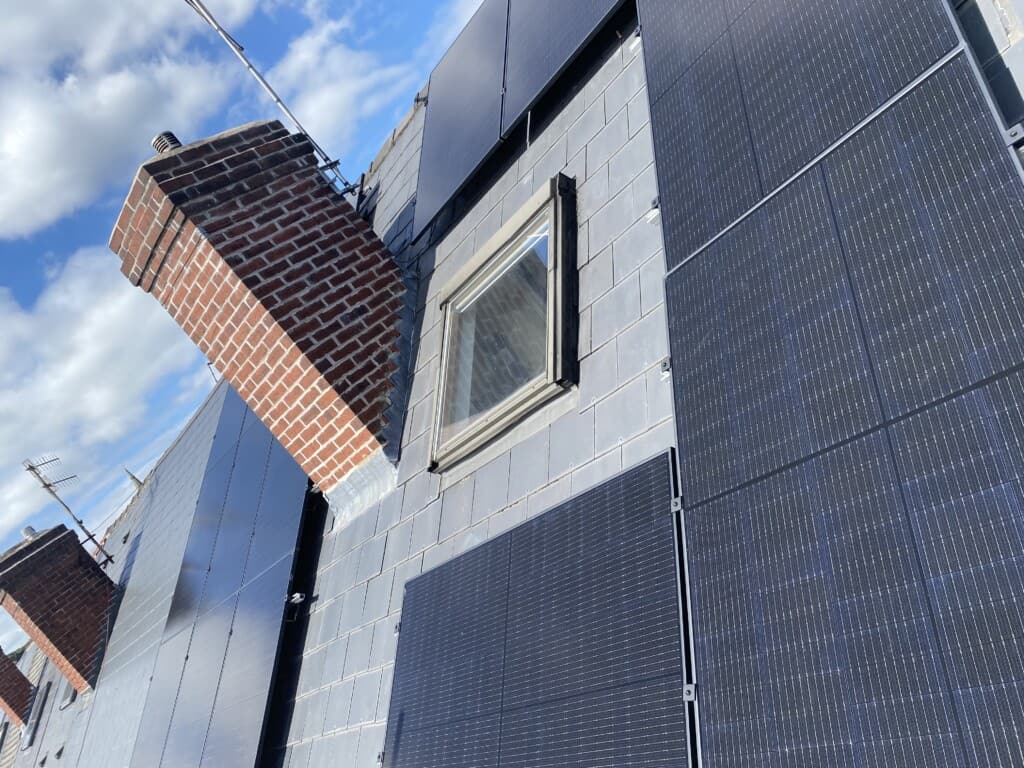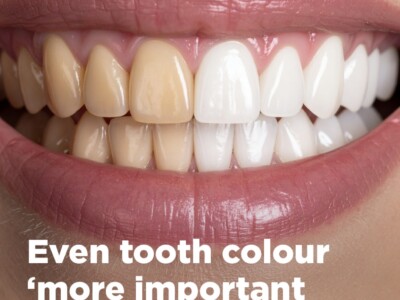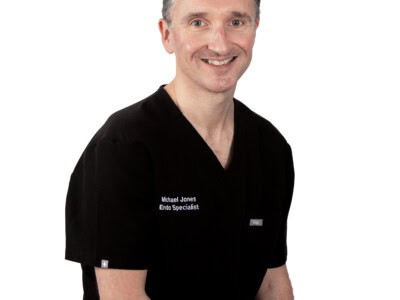How we make Sharrow Vale Dental Care more environmentally sustainable.....
Healthcare contributes to approximately 4-5% of the UK’s carbon footprint!
It has been estimated that primary dental services have a carbon footprint of 675 kilotonnes of carbon dioxide equivalents, so there is massive scope to implement change to make a real difference.
At Sharrow Vale Dental Care we try to reduce the environmental burden of your dental care without compromising clinical outcomes, patient experience or quality.
Steps we take
- SOLAR PANEL INSTALLATION
Galer invested in solar panels in August 2022 – this has ensured we use as much energy as the building provides and only the remainder is bought from the grid.
- REDUCE WASTE
The past decade has seen a shift towards single use disposable instruments and personal protective equipment and the environmental implications are huge.
Plastics comprise 22.7% of the waste generated within the NHS, generating a phenomenal 133000 tonnes annually, with only a 5% recovery rate.
Recycling is very accessible for staff as we have four clearly labelled recycling bins in the decontamination area. We also conduct waste management audits to ensure that staff placing waste in the correct bins.
We separate our paper from plastic when removing unavoidable sterile pouches
We recycle packaging surrounding PPE
We recycle all soft plastics
We recycle all hard plastics
We recycle all paper
We have gone paperless for clinical notes, patient information leaflets, consent forms and appointment cards.
If you don’t need a rinse after your treatment you will save the plastic cup.
During COVID we elected to use re-useable gowns and surgical hats rather than single use.
- PROCURE MORE SUSTAINABLE PRODUCTS
When ordering we always look for products in their ‘green’ range, such as biodegradable suction tips and barrier coverings.
We always ask supplies to engage in ‘greener’ products, manufacturing processes and delivery of items.
- REDUCE TRAVEL, PROMOTE ACTIVE TRAVEL AND BECOME MORE ENERGY EFFICIENT
The highest proportion of emissions due to dentistry in the UK come from travel, procurement, energy, and nitrous oxide. Travel contribute to 64.5% of total greenhouse gas emission of nHS dental services in England.
When possible a number of our staff cycle, run or walk to work.
Active travel not only reduces carbon emissions but also the prevalence of obesity, diabetes and cardiovascular disease.
If you can please travel to your appointment via sustainable travel options such as walking or cycling. We have secure cycle storage on arrival in our gated garden. Just bring a lock! Exercising is great for improving mental health you will save on parking fees and fuel.
- EDUCATION
We try to increase awareness of our team and patients on the health effects of climate change.
- PREVENTION
An upstream approach to the prevention of dental disease will have the biggest impact. Preventing decay and gum disease allows a reduction of recall appointments, travel and material sue. Patients with heavily filled teeth have a greater carbon footprint than those who have required no treatment.
We are always happy to give cessation advice relating to lifestyle habits such as smoking and alcohol intake.
We always follow the Delivering Better Oral Health Toolkit for all of our patients to reduce the risk of dental disease. High fluoride toothpastes are prescribed where appropriate. Diet advice and oral hygiene instructions are so important as these help reduce the risk of dental disease, thus directly helping to reduce the carbon footprint of your dental care.
- WE’RE DIGITAL
Since the COVID-19 pandemic we have had more virtual patient contacts. This method of digitisation is very cost effective and climate efficient.
We use our top of the range intra-oral scanner for impression taking and this reduces material usage and waste production. It also reduces CO2 emissions from transportation to the laboratories.
Virtual consultations reduce the need for patients to travel to appointments and in turn reduces the amount of PPE, instruments and materials used. It is also more cost effective for patients as it reduces money spent on travel, car parking and care for dependants.
Virtual CPD reduces travel and the carbon footprint associated with resources such as hand-outs, registrations and catering.




